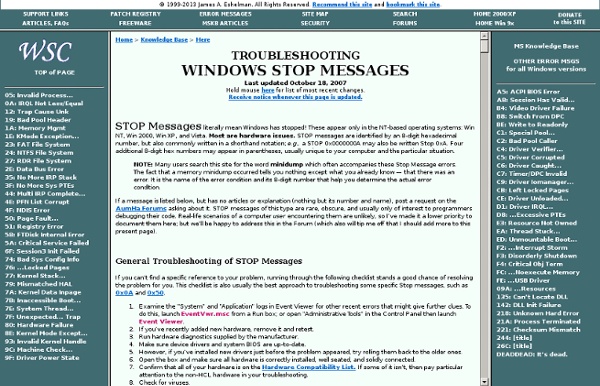



Blogs » Debugging JavaScript: Throw Away Your Alerts! One JavaScript statement that rarely surfaces in the wild is throw(). The throw statement allows you to throw a formal error — sending details of the error to the browser’s error console — and halting further execution of the script. The throw statement is particularly useful for APIs developers, as a way to warn its user-developers about runtime issues, such as missing or invalid input data. Its use should be generally preferable to alert() because it makes best use of the browser’s native functionality (and it’s less annoying): if(typeof input == 'undefined') { throw('Missing input'); } else if(parseFloat(input) ! Using throw() with a string argument will throw a general error. var err = new Error(); err.name = 'My API Input Error'; err.message = 'Input must be a number'; throw(err); The example above produces this output in Opera’s error console: Firefox’s console doesn’t show the error name, only the message; but it’s still almost as useful:
Error Goblin PC World - PC World I get the same error message every time I boot my computer, but everything seems to work okay after that. What's wrong? (Name withheld by request) Something has changed in your computer, for better or for worse, but the change wasn't complete. First, grab a pencil and paper and boot your computer. Once you're back in Windows, select Start, Search (in XP), Start, Search, For Files or Folders (in 2000 and Me), or Start, Find, Files or Folders (in 98). Whether or not the file is still on your hard drive, you should research this mysterious program. Whether or not the file is malicious, chances are you're better off not loading it. If no such listing appears, try cleaning the Registry. If you're using Windows 2000, type regedt32 to open the Registry Editor. So what should you do if the problematic program is one that you want to continue to autoload? From Old App to USB Printer I have an old DOS-based database program that will print only to the LPT1 or LPT2 ports on my PC.